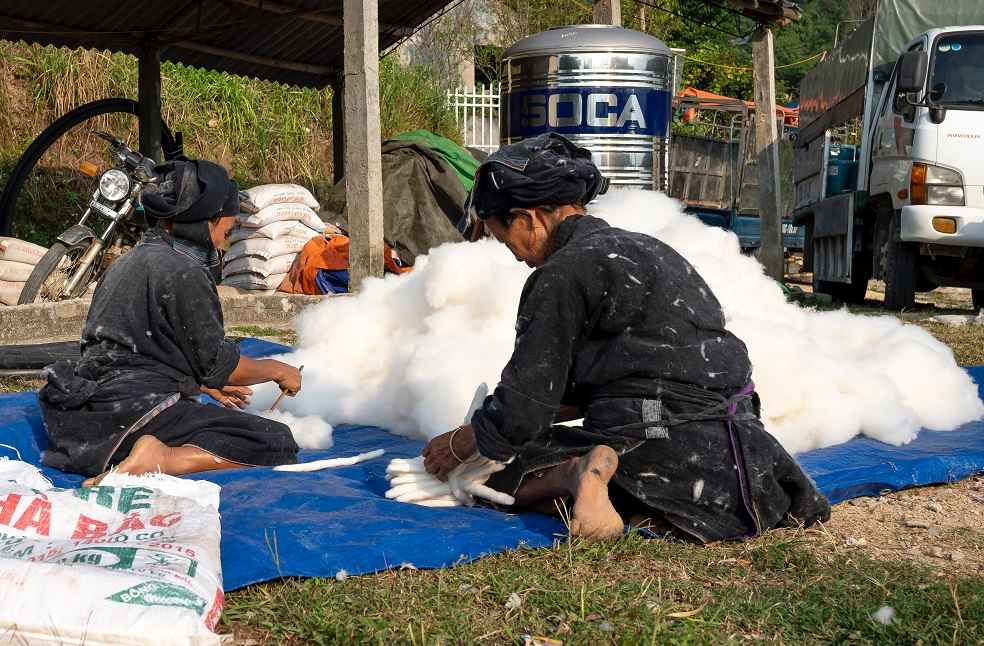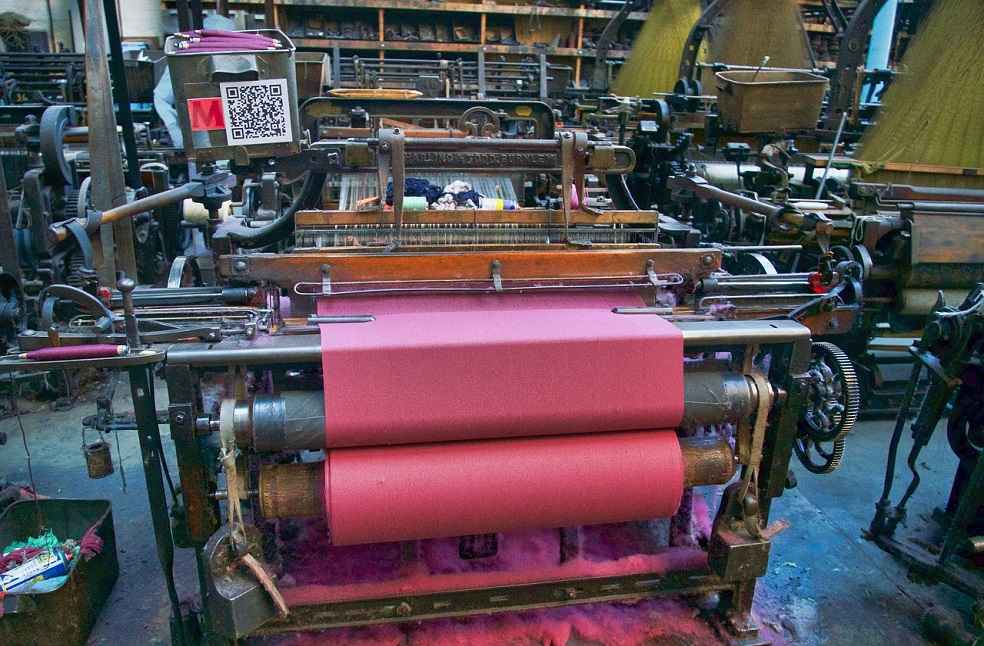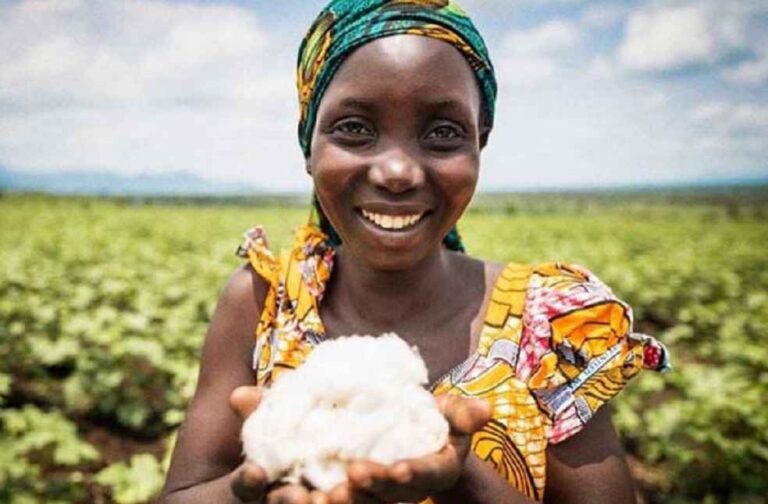The governments of the United Kingdom and Kenya, in collaboration with Lamu County and private sector partners, have unveiled a new cotton processing facility in Lamu County. The initiative, a £43 million (KSh 7.4 billion) Sustainable Urban Economic Development (SUED) program between the UK and Kenya, aims to strengthen the country’s textiles and garments sector by reducing dependence on imports, aligning with national development priorities.
During the agreement signing on Wednesday, Kenya’s Trade Cabinet Secretary Lee Kinyanjui emphasized that the facility will expand the cotton market by adding value and creating job opportunities for thousands of Kenyans.
The construction of the facility, headed by Thika Cloth Mills, is set to commence immediately and is expected to be completed by November 2025.

The ginnery is projected to increase Lamu’s cotton production threefold, rising from 2,000 to 6,000 bales per year over the next three years, bolstering the country’s efforts to establish a robust domestic textile industry. With infrastructure supporting exports—including a special economic zone, Lamu Port, and LAPSSET—Lamu is positioned to become a leading investment hub in the region.
Kenya imports about 90% of its annual cotton supply, as domestic production remains low at just 3,000 bales per year, while national demand ranges between 140,000 and 260,000 bales.
The proposed facility will source cotton not only from Lamu County but also from Kilifi, Tana River, Kwale, and Taita Taveta counties. By minimizing transportation requirements, it is estimated to reduce the textile production process by 262 metric tons of carbon dioxide annually, contributing to Kenya’s climate goals.

The UK government contributed seed funding to reduce investment risks, while additional financial support came from the Government of Kenya and Thika Cloth Mills. Lamu County finalized the agreement by allocating land for the ginnery.
SUED has been active in Lamu for four years, and the initiative represents its fourth value-chain investment in the county, following previous developments in fish, coconut, and cashew nut processing.
POLICY & LAW | US Ex-Im Bank Resumes Coal Plant Funding After Trump Order



